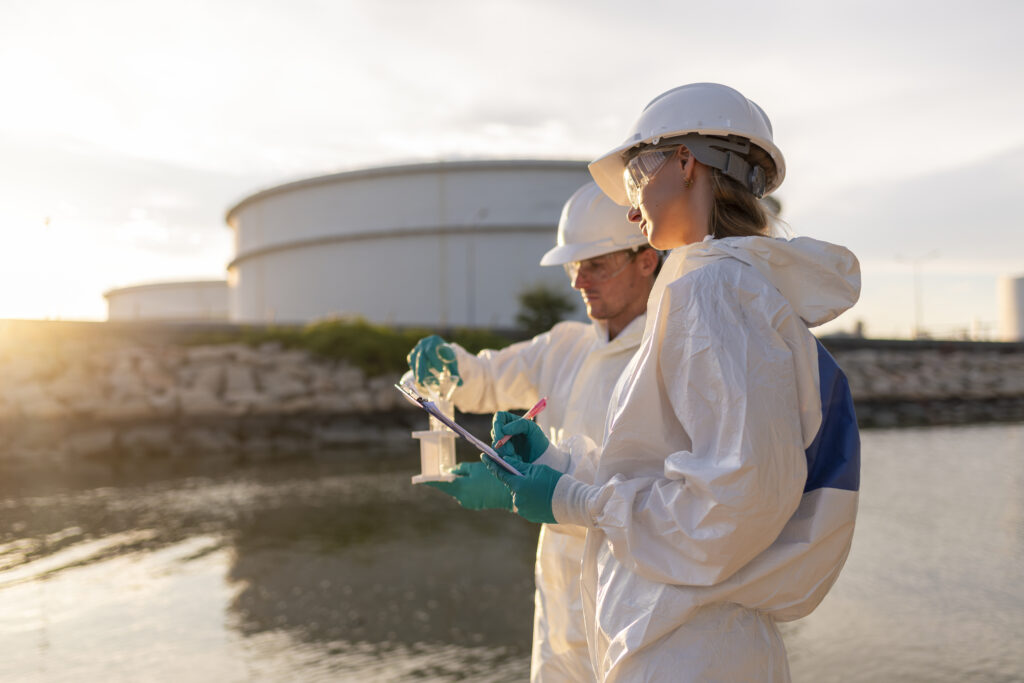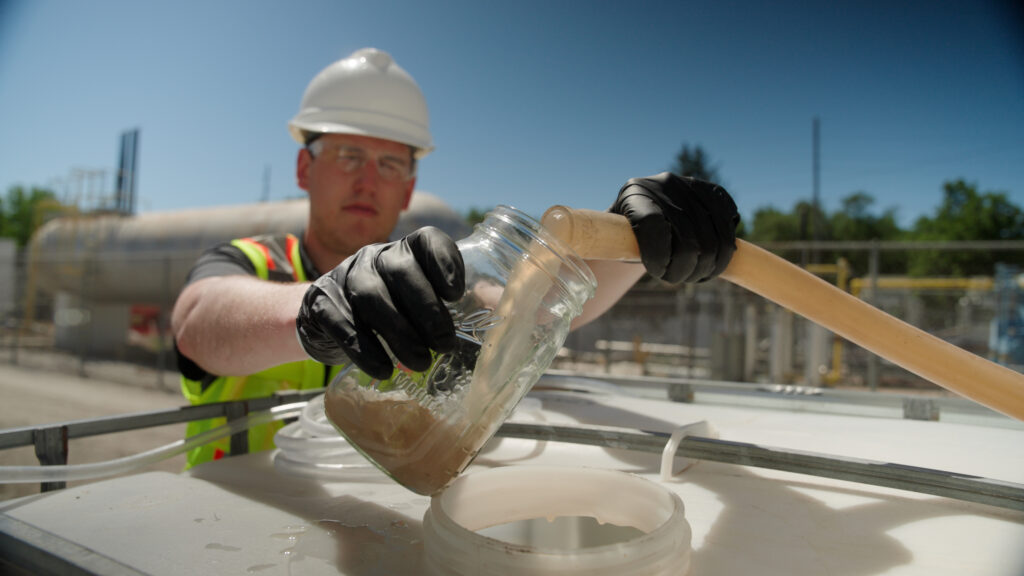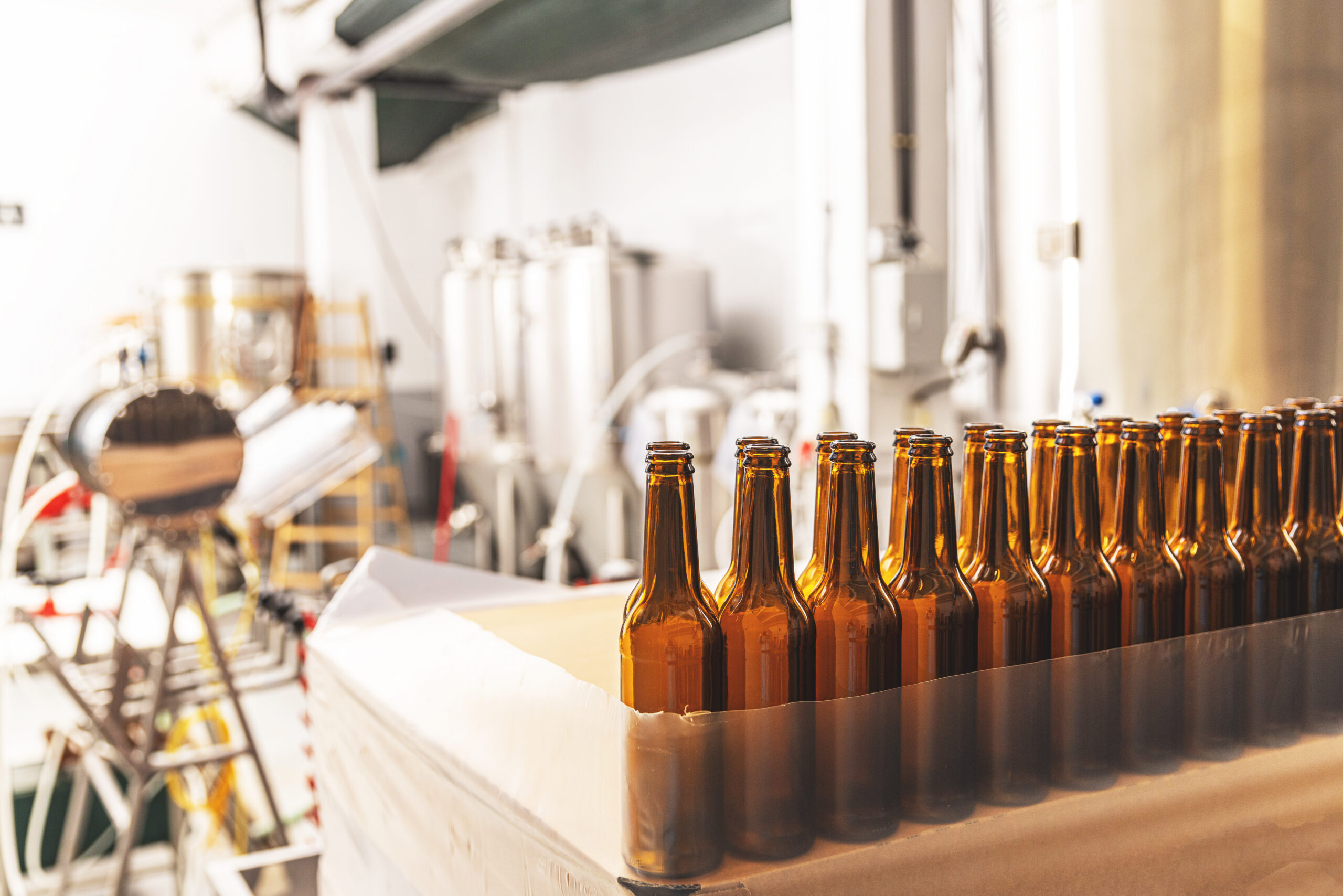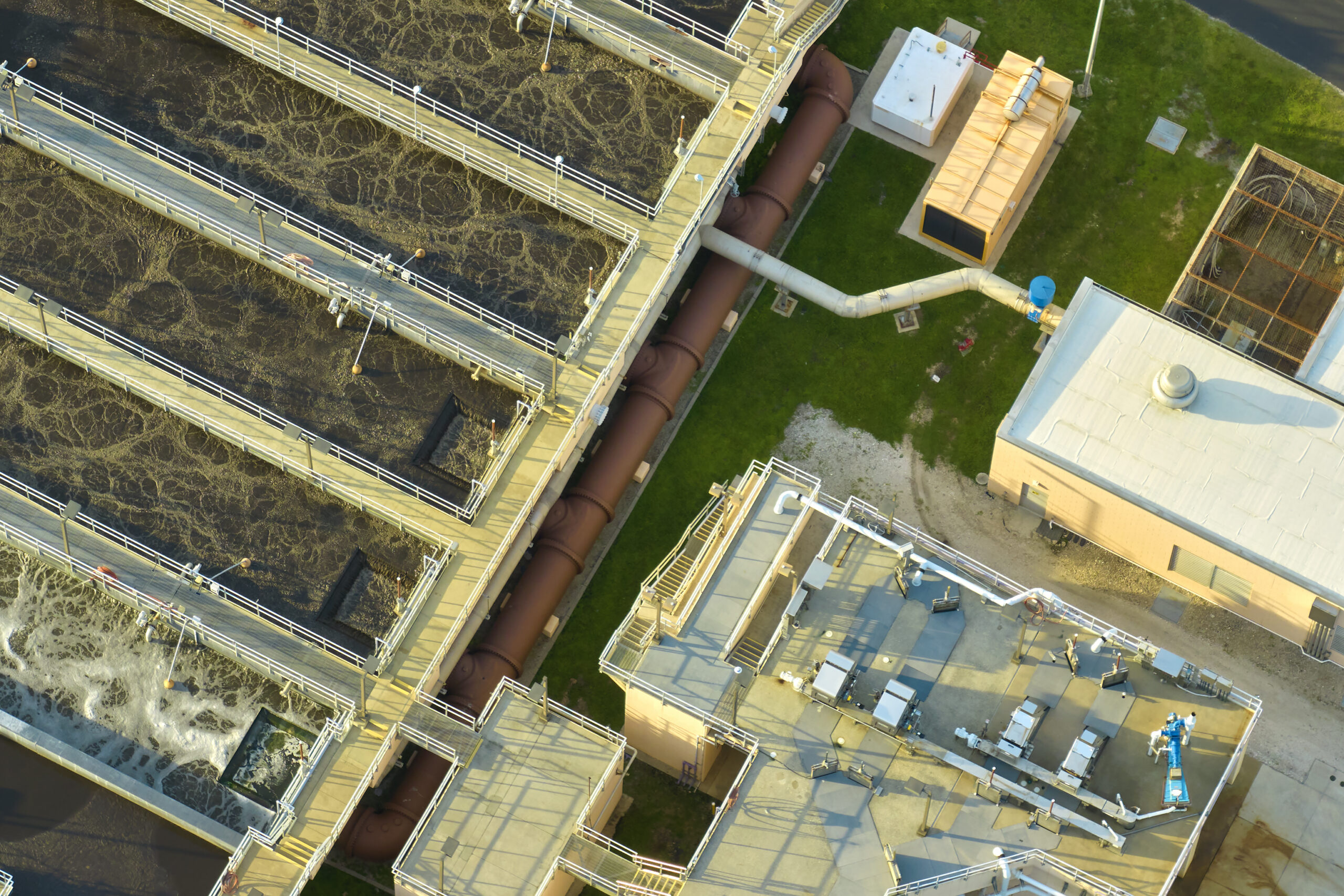Poultry processing plants are grappling with the challenges in adhering to evolving wastewater treatment standards, striving to balance compliance with operational efficiency. As these standards become increasingly stringent, the need for advanced solutions is more critical than ever.
Future-proofing operations—a proactive approach that not only meets today’s regulatory demands but also anticipates tomorrow’s challenges—ensures long-term sustainability and operational efficiency. Embracing this strategy is essential for poultry processors to not only meet all current and future discharge requirements, but also thrive in an era of environmental accountability.
The Evolution of Treatment Standards
Historical Context
In the past, wastewater treatment standards for the poultry industry were relatively lenient, mainly focusing on basic effluent limits without strict enforcement. Initially introduced in 1974, the Meat and Poultry Products Effluent Guidelines by the EPA established the first significant regulatory framework. These early regulations aimed to control the discharge of pollutants into water bodies, but the technology and practices of the time limited their effectiveness. The amendments made in 2004 further tightened these regulations, highlighting a growing awareness of environmental and public health concerns associated with poultry processing wastewater.
Current Standards
Today, the regulations for wastewater treatment in the poultry industry are getting much stricter. The EPA’s proposed ELG would require poultry processors to follow stringent effluent limitations on pollutants like nitrogen, phosphorus, and E. coli. These standards would create significant challenges for poultry operations, requiring advanced treatment technologies and thorough waste management strategies to comply. The regulations also include pretreatment standards for indirect dischargers, adding another layer of complexity for facilities that discharge to publicly owned treatment works (POTWs).
Future Trends
Looking ahead, wastewater treatment standards are expected to continue to strengthen, particularly concerning the land application of DAF solids. As a result of these future regulations, companies will be facing rising costs as they are forced to haul waste out of state, paying per mile, which significantly impacts their bottom line. With state regulations expected to make it increasingly difficult for meat & poultry plants to secure permits for land spreading these solids, states such as Virginia, Delaware, Maryland, Alabama, Missouri, and Maine are beginning to push back.

Overall, The EPA’s ongoing regulation processes suggest a future with tighter effluent limitations and coverage of more contaminants. This continued change highlights the need for adoption of innovative treatment solutions, such as membrane technologies, which have proven successful in pollutant removal and achieving water reuse. Poultry processors will need to take proactive steps to stay ahead of these regulations, ensuring sustainable operations and compliance with environmental standards.
The Role of Technology in Future-Proofing
As industries grow and change, they will need more efficient and sustainable ways to treat wastewater to meet new environmental rules. Innovative solutions, such as ZwitterCo membranes, are leading the way in this technological evolution. These advanced membranes play a crucial role in future-proofing various industries—especially Meat & Poultry—by ensuring they can meet and exceed future treatment standards, addressing challenges like water scarcity and sustainability.
Benefits of Advanced Technologies
Advanced treatment technologies, like ZwitterCo membranes, offer numerous benefits that are changing how industries handle water.
-
- Meet Discharge Limits
- Achieve over 99% FOG and TSS removal from wastewater, greatly reduce TKN, BOD, and phosphorus, eliminate or reduce the use of DAF chemicals, and ensure discharge compliance.
- Clean Water for Reuse
- ZwitterCo pretreatment membranes offset rising water costs and achieve over 95% water recovery. They also allow for retention of intervention chemistries as the membrane allows passage of antimicrobials such as PAA and lactic acid for reuse.
- Functional Protein Concentration
- ZwitterCo membranes provide easier, shorter cleanings that require less chemicals, reducing freshwater demand and wastewater generated. With no additional chemicals required, plants can produce a concentrate that prevents iron, aluminum, and polyacrylamides from being added to the product.
- Reduce Hauling
- ZwitterCo’s superfiltration (SF) technology offers a practical solution to future regulatory challenges. By reducing the water content in sludge, ZwitterCo SF membranes allow companies to transport fewer trucks, drastically cutting down on hauling costs.
- Meet Discharge Limits
Click here to learn more about ZwitterCo membrane solutions
Planning for the Future: Risk Assessment and Mitigation
Conducting regular risk assessments and implementing effective mitigation strategies are crucial practices for ensuring long-term sustainability and compliance in any industry, including poultry processing. Regular risk assessments help to identify potential problems early, so they can be corrected before they escalate.
By systematically looking at possible risks and planning how to manage them, poultry processors can keep their operations running smoothly and reduce the likelihood of regulatory violations or fines. This forward-thinking approach not only enhances operational efficiency but also builds stakeholder confidence in the company’s commitment to maintaining high standards of safety and sustainability.
Investment in Research and Development
Investing in research and development (R&D) is a key strategy for companies aiming to stay ahead of regulatory restrictions and technological advancements. By prioritizing R&D, organizations can innovate and improve their processes, products, and services, ensuring they remain competitive in an ever-evolving market.
 This proactive investment allows companies to anticipate and adapt to emerging trends, regulatory requirements, and customer expectations. Additionally, R&D creates a culture of continuous improvement, driving technological breakthroughs that can lead to more efficient, cost-effective, and environmentally friendly solutions. Ultimately, a robust R&D program positions a company as a leader in its industry, capable of navigating future challenges and seizing new opportunities.
This proactive investment allows companies to anticipate and adapt to emerging trends, regulatory requirements, and customer expectations. Additionally, R&D creates a culture of continuous improvement, driving technological breakthroughs that can lead to more efficient, cost-effective, and environmentally friendly solutions. Ultimately, a robust R&D program positions a company as a leader in its industry, capable of navigating future challenges and seizing new opportunities.
Collaboration & Industry Initiatives
The poultry processing industry is becoming more aware of the need for sustainable practices to tackle the environmental problems related to wastewater. Industry-led initiatives play an important part in raising standards for wastewater treatment, ensuring companies follow strict environmental laws, and promoting sustainability, ultimately creating and using best practices that reduce the environmental impact of poultry processing.
Future-Proofing Strategies
Adopting a Holistic Approach
To prepare for the future, poultry processing companies need to look at wastewater treatment as a whole. This means not only cleaning the water to meet regulatory standards, but also finding ways to reuse water and recover valuable byproducts through advanced treatment methods.
By using advanced treatment methods, companies can recycle water within their operations, cutting down on the need for fresh water. Additionally, technologies for byproduct recovery can turn waste into valuable resources, providing an extra source of income. This comprehensive approach not only helps the environment, but also offers economic benefits by reducing operational costs and generating new revenue streams.
Continuous Improvement
The field of wastewater treatment is always changing, so poultry processing companies must keep improving and adapting their methods. They need to stay flexible and regularly update their systems to use the latest technology. By continuously improving, companies can meet stricter environmental standards and run more efficiently, remaining environmentally friendly and economically sustainable in the long run.
Future-proofing poultry processing operations is crucial in facing the challenges of evolving wastewater treatment standards. By investing in advanced treatment technologies, conducting regular risk assessments, and participating in industry initiatives, poultry processors can ensure long-term sustainability and compliance. Now is the time for poultry processing plants to take proactive steps and invest in advanced technologies and sustainable practices to secure their future.







